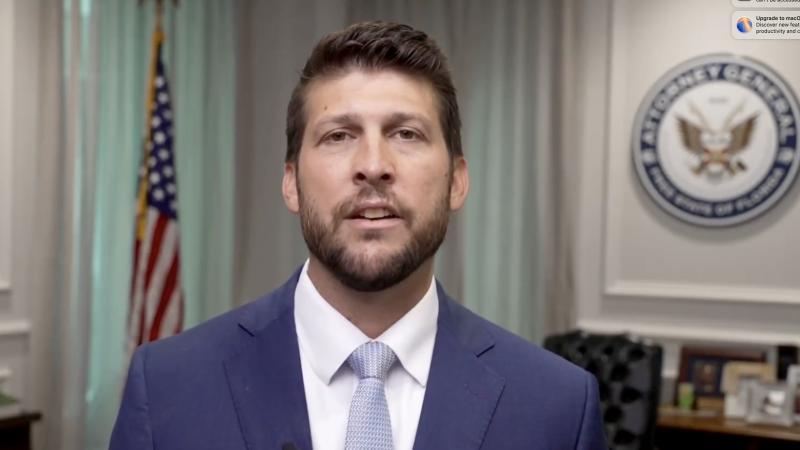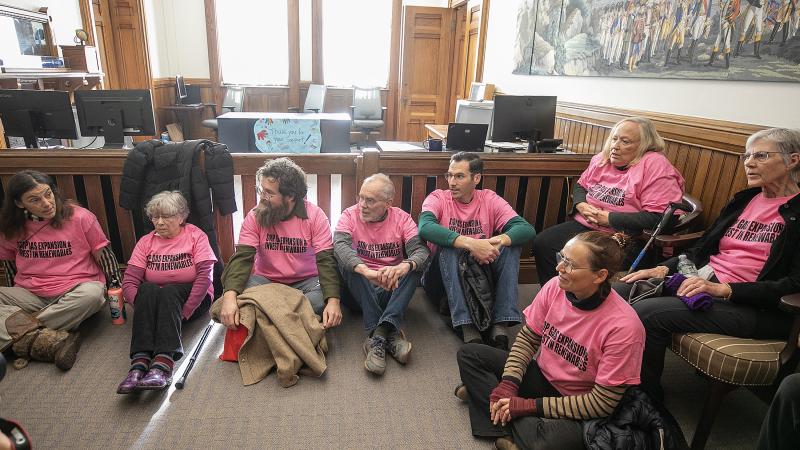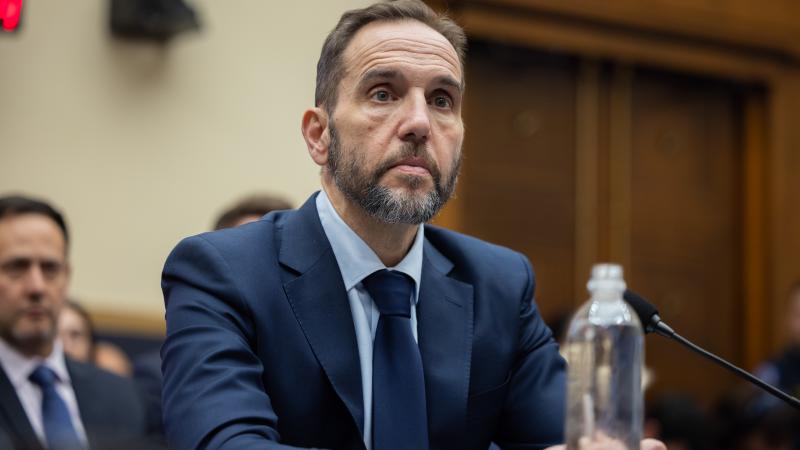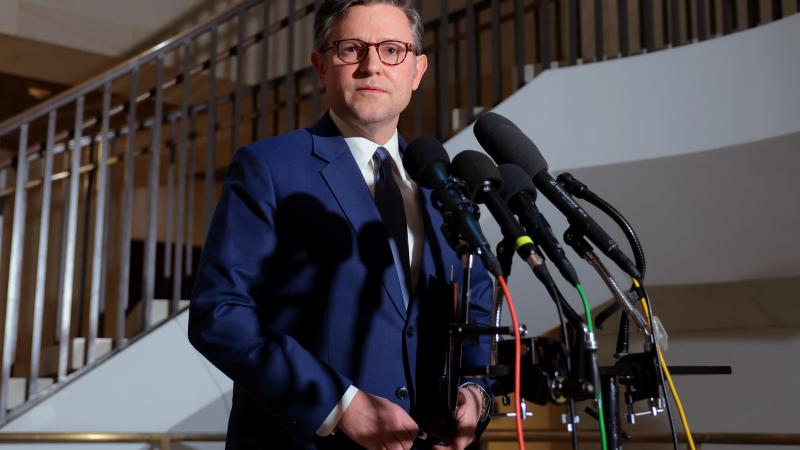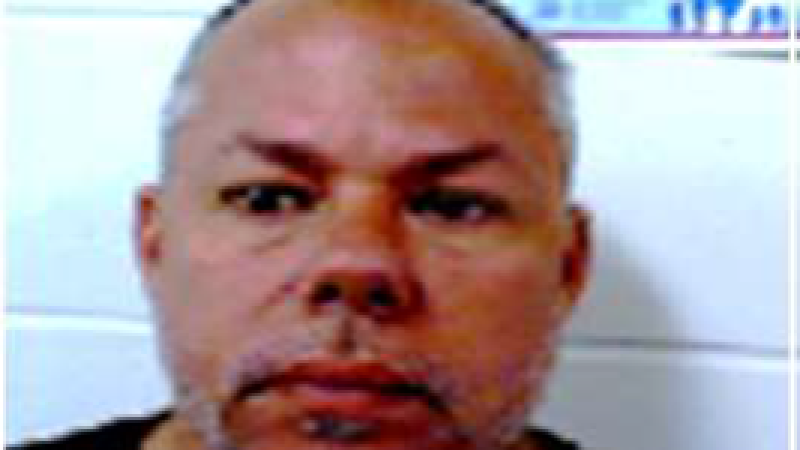Nurses pick fight with Wisconsin governor over rural care
Gov. Tony Evers last month vetoed a proposed law that would have allowed advanced practice nurses to work more independently.
Nurses in Wisconsin say Gov. Tony Evers is making it harder for folks in rural parts of the state to get care.
Evers last month vetoed a proposed law that would have allowed advanced practice nurses to work more independently. Advanced practice nurses currently can provide care, but need to collaborate with a doctor.
APN Rebecca Gilbertson from Medford on Thursday said giving APNs more autonomy would allow them to serve in communities where there aren’t any or many doctors.
“Through the years I’ve had countless phone calls from surrounding communities asking if I would consider opening a clinic in their area,” Gilbertson said. “I cannot provide these communities with small, rural, direct-pay clinics. But I know who can, and that is advanced practice nurse practitioners. But their number one barrier to being able to offer those options to rural Wisconsin is the need for a collaborating physician.”
Gov. Evers said in his veto message that he doesn’t want to create a new system that could replace doctors.
“I object to altering current licensure standards for APRNs, allowing practices functionally equivalent to those of physicians or potentially omitting physicians from a patient’s care altogether notwithstanding significant differences in required education, training, and experience,” the governor wrote.
Gina Dennik-Champion, executive director of the Wisconsin Nurses Association, told reporters that the governor is siding with ‘big medicine.’
“Organized medicine does not want us here in Wisconsin,” Dennik-Champion said. “They do not want us to be able to practice and take care of patients independently. And I think that’s a very sad state of affairs for Wisconsin.”
The advanced practice nursing plan would have formalized a program that started at the height of the coronavirus, where nurses in Wisconsin were allowed to treat patients more independently. Supporters say nearly half the states in the country have similar laws already in place.
State Sen. Patrick Testin, R-Portage, said Republicans will try to pass the legislation again next year, and perhaps get a different reception from a different governor.


